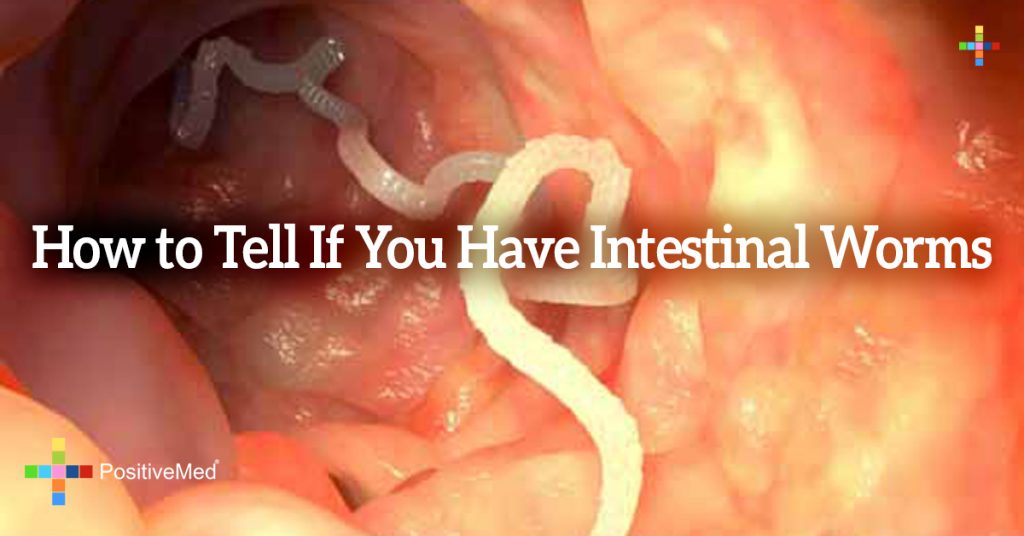
[nextpage title=”…”]
Intestinal worms, including Ascaris, tapeworms, and pinworms, are common parasitic infections that can occur in anyone, but certain risk factors increase the risk, such as swimming in contaminated water, drinking unfiltered water, and poor hygiene. Intestinal worms are easily treated with medication prescribed by a doctor and careful hygiene can prevent the spread of worms within a household
People with intestinal worms may experience digestive changes, including loss of appetite or nausea when presented with food. If a large amount of worms accumulates in the intestines, the intestines can become obstructed, which can result in constipation. Intestinal worms can also cause diarrhea, which may be bloody. Adult worms may also be present in the feces.
Tapeworm infections can cause people to develop abdominal pains and cramping. They might also have muscle aches and weakness when the adult worms migrate through their bodies. People who are biologically female with pinworms may have pain around the genitals and urinary tract, and severe infections can lead to pelvic inflammatory disease, which can cause chronic pelvic pain.
People infected with the intestinal worm Ascaris may experience difficulty breathing. If the worms invade the lungs, those infected may have a frequent cough. People with Ascaris infections may also experience pain when taking a deep breath and may have difficulty breathing during physical activity or exercise.
[/nextpage][nextpage title=”…”]Those with pinworm infections may experience intense itching around the anus, especially at night. Girls and women with pinworm infections may also have irritations and itching of the skin around the genitals and inside the vagina if the worms migrate from the anus. People with tapeworm infections may develop allergic skin reactions such as swelling, redness, and hives if the larvae embed into their skin.

Babies infected with Ascaris may experience a lack of growth in height and weight, which is also referred to as failure to thrive. Adults infected with pinworms, tapeworms, or Ascaris may also experience weight loss. Nutritional deficiencies may develop in people infected with intestinal worms as a result of heavy infestations or worms that grow to be very large.
stinal worms can be prevented by drinking filtered water, swimming in chlorinated pools, and careful hygiene, especially after contact with feces. People who are infected with intestinal worms can be treated by a medical doctor with prescription medications. People with intestinal worm infections should take care to launder all towels, linens, and clothing that come into contact with their bare skin so as to avoid reinfection.
[/nextpage][nextpage title=”…”]Intestinal worms may live in someone’s intestine for years without causing any symptoms. General symptoms may appear a few weeks or several months after infestation and include skin pallor, weakness, tiredness (from anemia due to lost blood sucked by worms), restlessness, disturbed sleep and weight loss (due to loss of nutrients used by worms).
Abdominal symptoms can last for weeks or even months and include:
Distended belly Foul-smelling breath or gas Chronic passing of gas – either flatulence or burps, particularly after meals Loss of appetite or sleeplessness Vomiting Itchy anus Mucus in the stool Blood in the stool Loose bowel movements or diarrhea Worms, their parts or eggs can be sometimes found in the stool Itchy skin rash Swelling around the eyes During sleep, some worms may leave the body through the mouth, nose or anus Swollen itchy bump on the site of the parasite entry (usually on the foot) cravings for and eating farinaceous foods including but not limited to:
• white bread
• white flour products
• cookies
• pastries
• cravings for sugar or sugar-containing products
• love of vinegar
• love of sour foods such as lemons, grapefruits
hypoglycemia headaches/migraines
By PositiveMed-Team Edited By Stephanie Dawson[/nextpage]





